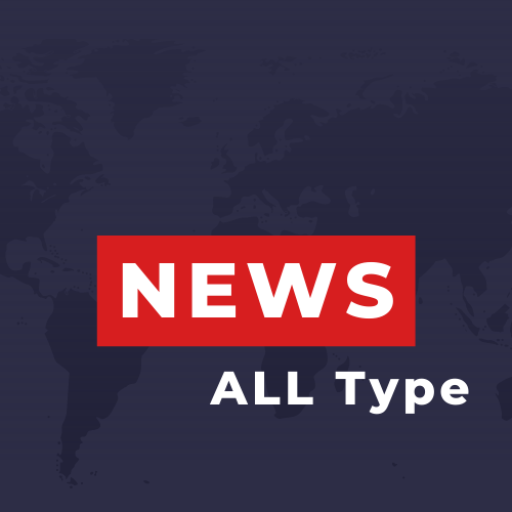PharmEasy’s subsidiary Docon Technologies had divested 53.3 lakh equity shares, about 10% of its shareholding in Thyrocare Technologies, on October 24 through a bulk deal with the stock exchanges. It raised 667.7 crore rupees from the sale, pegging each share at 1,252.03 rupees, just short of the closing price of Thyrocare, which was 1,265.40 rupees.
The shares were bought by many large mutual funds and financial institutions: Aditya Birla Sun Life MF, HDFC, HSBC Midcap Fund, ICICI Prudential, Neo Apex Venture and Eastspring Investments India. Post transaction, PharmEasy’s shareholding in Thyrocare came down from 70.98% to 60.93%. Critically, on 30 June, PharmEasy also pledged 3.23 crore of Thyrocare’s shares for another INR 1,700 crore loan taken in September 2025, highlighting the pressing need for liquidity at its end.
When PharmEasy Invested? The Backstory
Launched in 2015 as an online medicine platform, PharmEasy ventured into diagnostics through the purchase of Thyrocare, which was completed in June. It had picked up a 66.1% stake in the diagnostics chain for INR 4,546 crore as part of its vertical integration play. But the deal quickly turned into an expensive one.
The steep price of the deal, along with post-pandemic deceleration and regulatory pressures, took a toll on PharmEasy’s balance sheet. Rather than fueling growth, the Thyrocare purchase would home in on the capital by committing it to a space with slower returns on investment when placed in contrast to PharmEasy’s rapidly accelerating digital pharmacy business.
Current Financial Analysis of PharmEasy
PharmEasy ’s financial condition continues to be in a shaky state, even with its botched attempts to ensure business as usual. The net loss at INR 1,516.8 crore in FY25 was down by 40% over INR 2,531.1 crore, coming from negative profit signals a gradual improvement in control of costs.
Revenue increased marginally to INR 5,872.1 crore in FY25 from the year-ago period of INR 5646.8 crore, a Rise of 4% YoY. But challenges remain, like high-interest debt, slower IPO plans and waning investor confidence.
The valuation has dropped by almost 90 per cent from its peak of $5.6 billion, a sign of shrinking margins and weak unit economics. Leadership churn has contributed to instability, including the company’s longtime CEO Siddharth Shah and cofounders stepping down in 2025.
Is Pharmeasy Comeback Possible?
PharmEasy’s road to recovery, however, may well lie in two directions–asset optimisation and operational restructuring. The partial monetisation of Thyrocare shares gives the company essential cash to pay off debts and stay afloat.
Thyrocare’s robust financial performance, with Q2 FY26 profits up 81% to INR 47.8 crore, provides a possible lifeline. If it can capitalise on Thyrocare’s profitability, focused operations and lower debt reliance, PharmEasy Unlisted Shares could be back in business again with investors and continue to hold its place as part of India’s recast digital health ecosystem.

